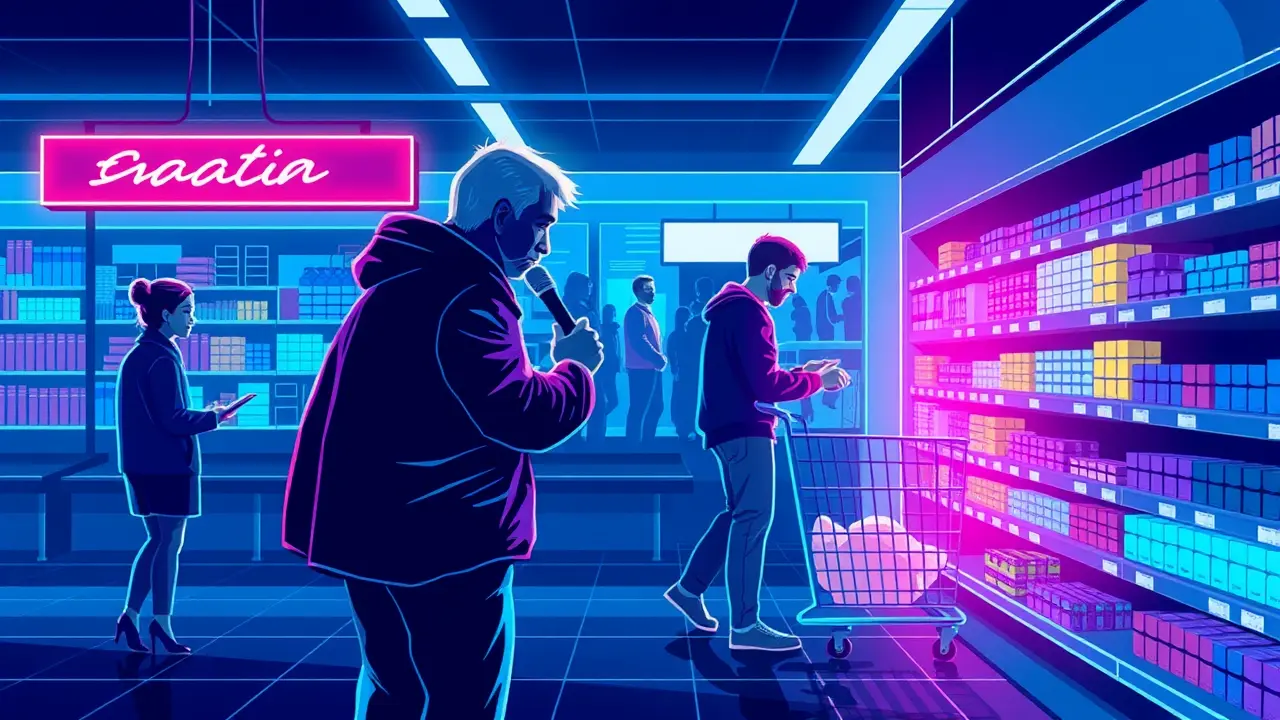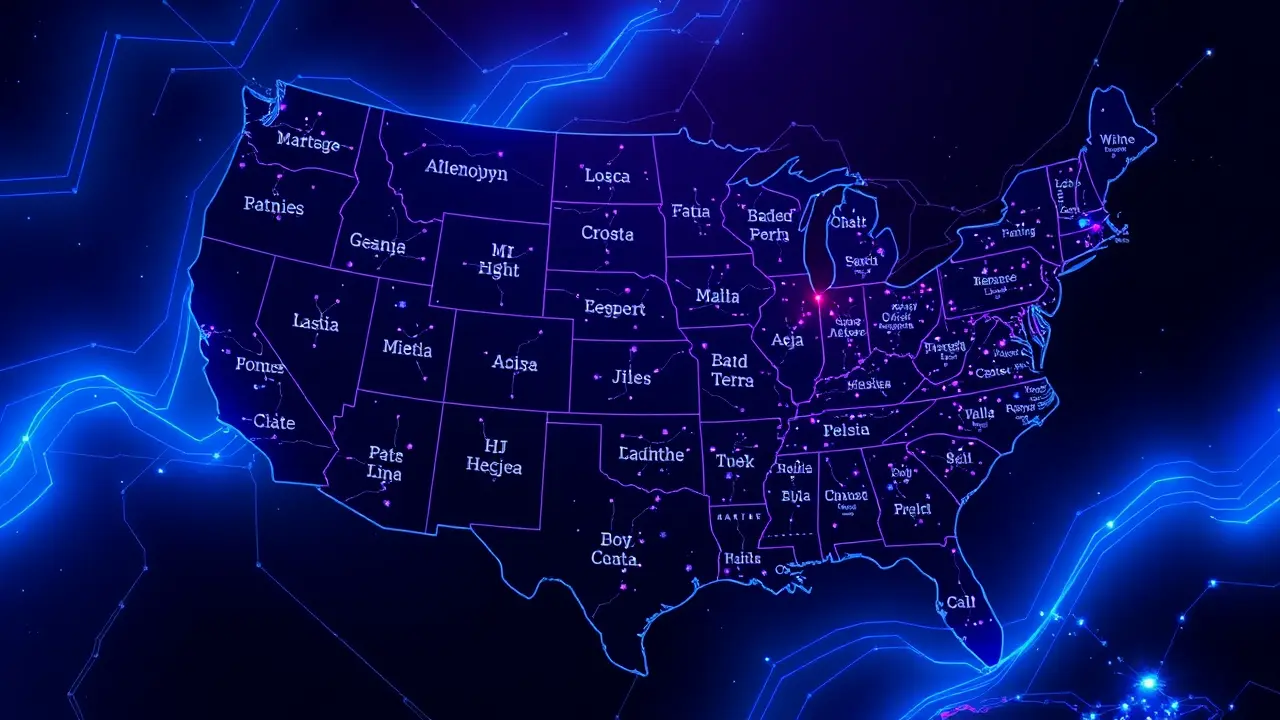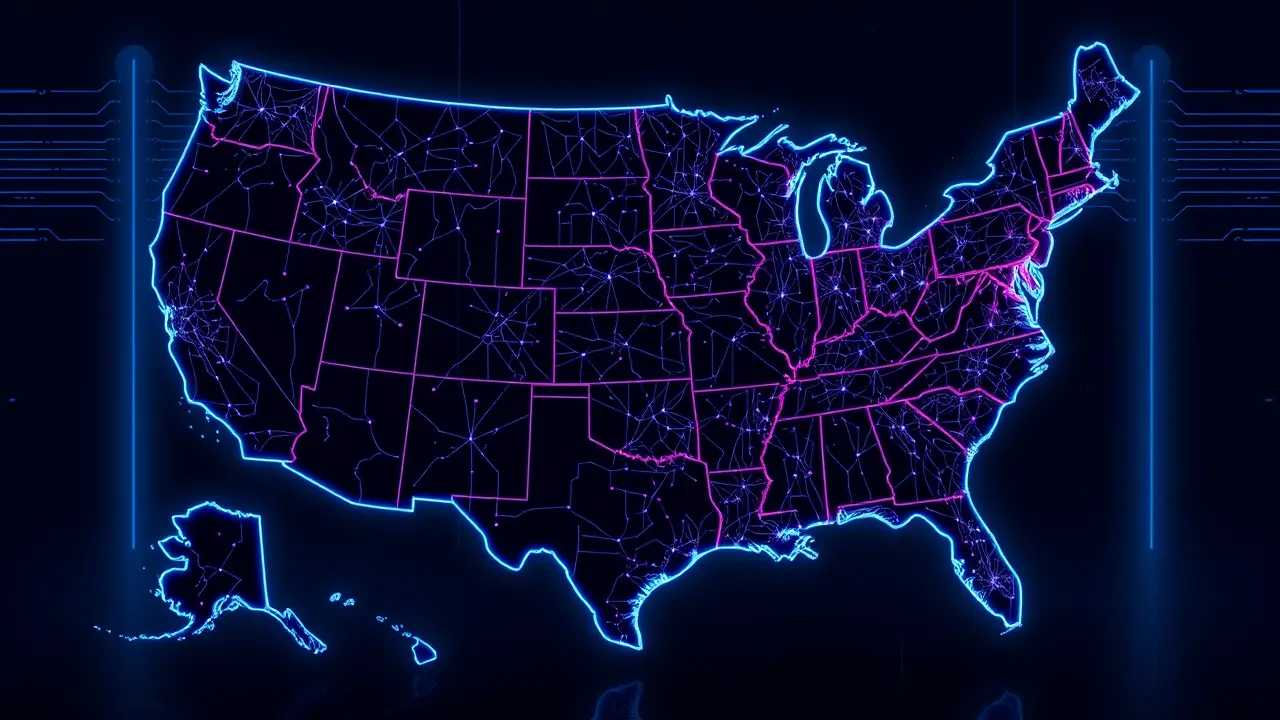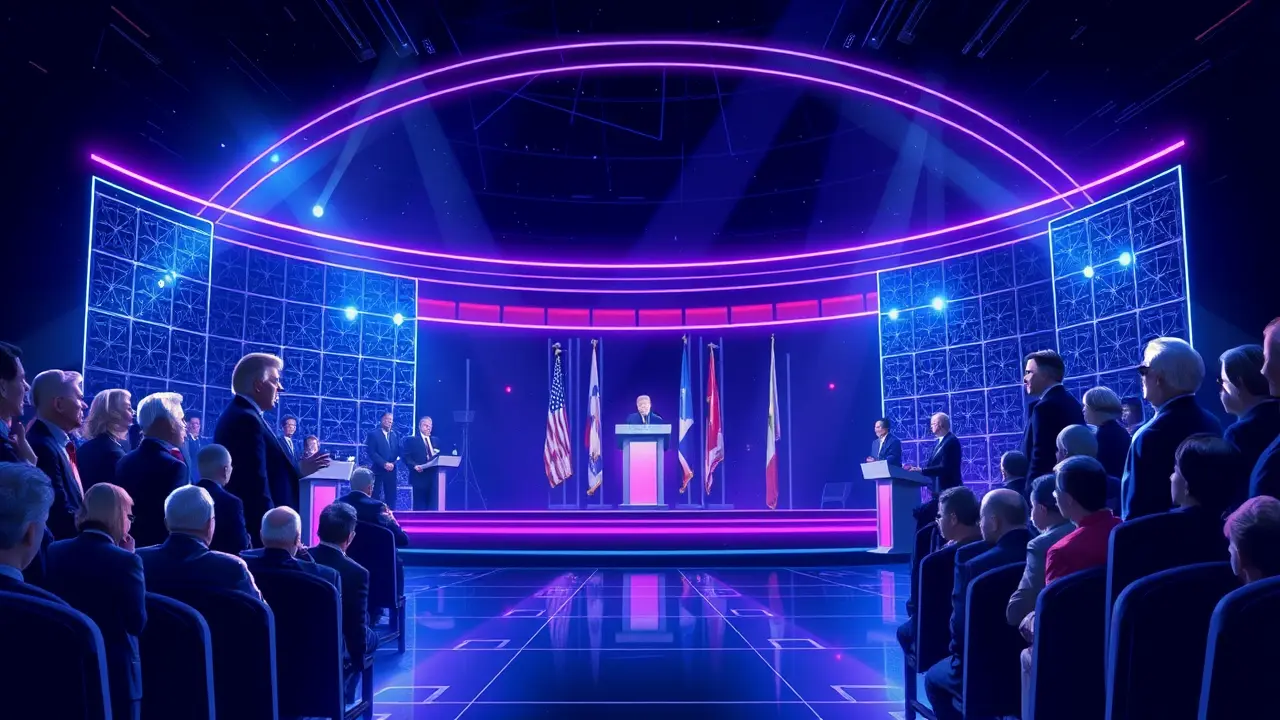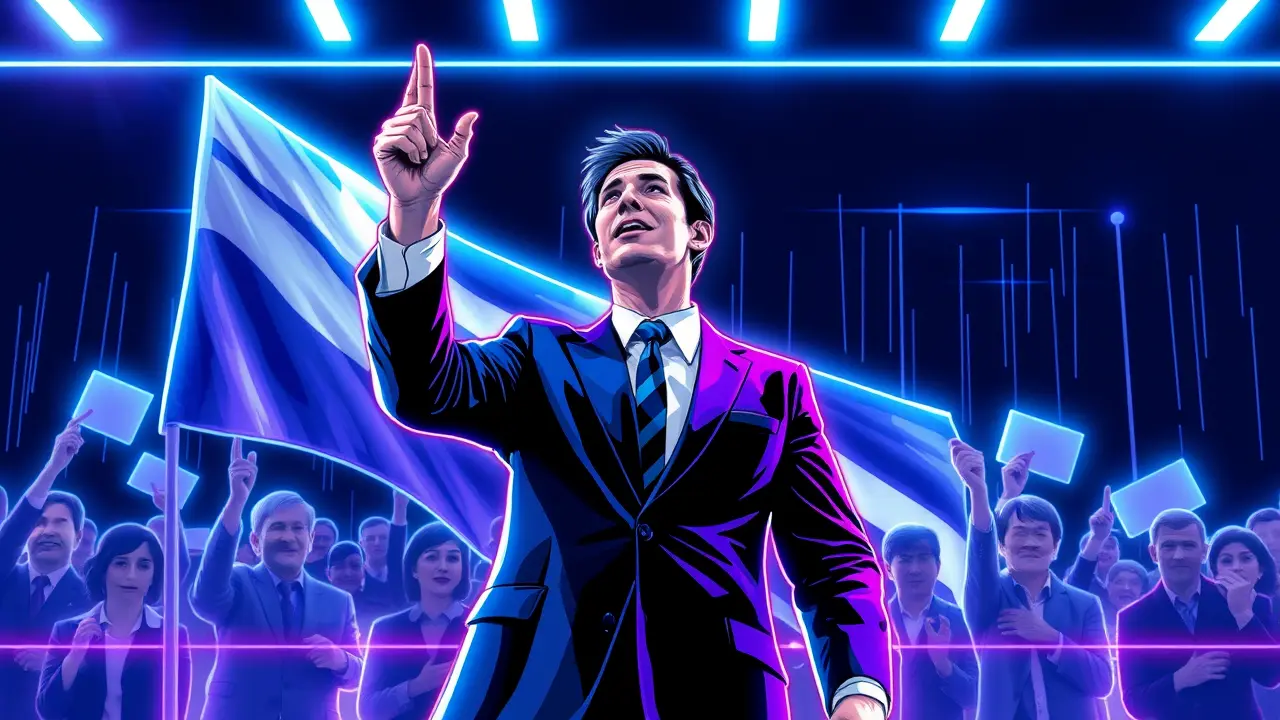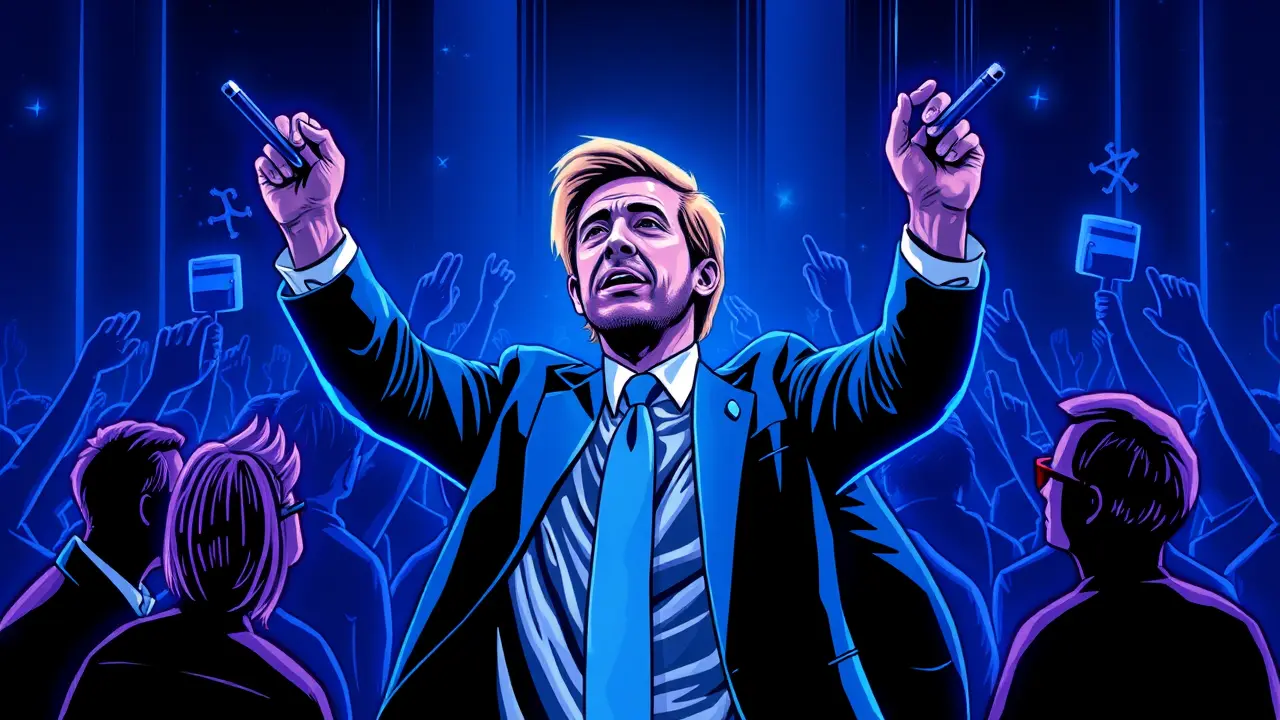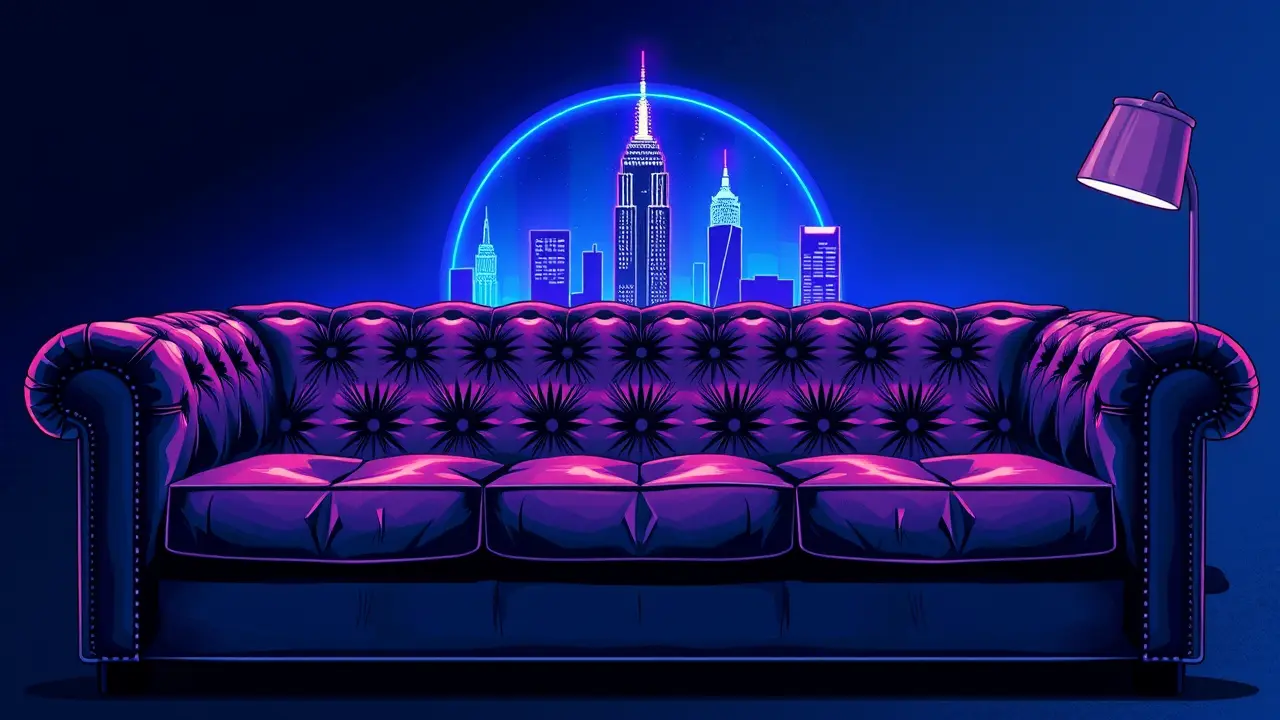
PoliticselectionsPresidential Elections
New York City Mayoral Election Discussed in Therapy Sessions.
LA
Laura Bennett
16 hours ago7 min read2 comments
The leather couch in my therapist's office has borne witness to many personal anxieties over the years, but this season, a collective civic dread has settled into its cushions, a shared weight carried in by patients from Park Slope to Washington Heights. We are not just unpacking our personal histories anymore; we are collectively dissecting our political neuroses, with the New York City mayoral election serving as the latest Rorschach test for our deepest civic fears.The names Mamdani and Cuomo don't just represent candidates on a ballot; they’ve become psychological archetypes in our sessions, shorthand for a specific brand of urban anxiety that intertwines the future of our city with the state of our own inner worlds. I’ve listened to people articulate a Mamdani-induced fear not as a simple policy disagreement, but as a profound unease about the city's identity shifting into something unrecognizable, a sentiment that often, upon deeper exploration, mirrors their own fears of personal irrelevance or changing life circumstances.The Cuomo-fuelled stress, meanwhile, is less about the man himself these days and more about the lingering hangover from a political era defined by top-down control and scandal, triggering in patients a deep-seated distrust of authority figures that inevitably spills over into their professional relationships and personal dynamics. And then, of course, there is the ghost at the feast, the perennial subject that seems to transcend all local politics: Trump.He is the specter that haunts the room, a national trauma that has rewired our collective nervous system, making every political discussion feel existential, turning a local election into a proxy war for the soul of the country. Patients talk about the mayoral race through the lens of their Trump-era exhaustion, their desire for a leader who can provide not just competent administration but a form of emotional and psychological salve for the wounds of the past several years.This phenomenon reveals something fundamental about the modern urban experience: the political is intensely personal. The state of the subways, the affordability of housing, the safety of our streets—these are not abstract campaign issues; they are the daily textures of our lives, the variables that directly impact our mental well-being.A discussion about a candidate's stance on public transportation can quickly unearth a patient's feelings of being trapped or stalled in their own career. A debate over policing policies can trigger deep-seated anxieties about safety and control that have little to do with crime statistics and everything to do with childhood experiences.We are, in these sessions, trying to untangle the knot where our individual psychology ends and our civic body begins. The voting booth becomes a confessional of a different kind, a place where we externalize the internal conflicts we’ve been working through in therapy.The choice between candidates becomes a choice between different versions of ourselves and the city we believe will either nurture or hinder our growth. This isn't a new dynamic, but the intensity of it now is palpable; the stakes feel higher, the polarization more acute, and the need to understand the psychological undercurrents of our political choices has never been more urgent. It’s a reminder that before we can truly heal a city, we must first understand the fractured, hopeful, and deeply human individuals who call it home.
#featured
#New York City
#mayoral election
#therapy
#voter anxiety
#Trump
#politics
Stay Informed. Act Smarter.
Get weekly highlights, major headlines, and expert insights — then put your knowledge to work in our live prediction markets.
Related News
© 2025 Outpoll Service LTD. All rights reserved.

